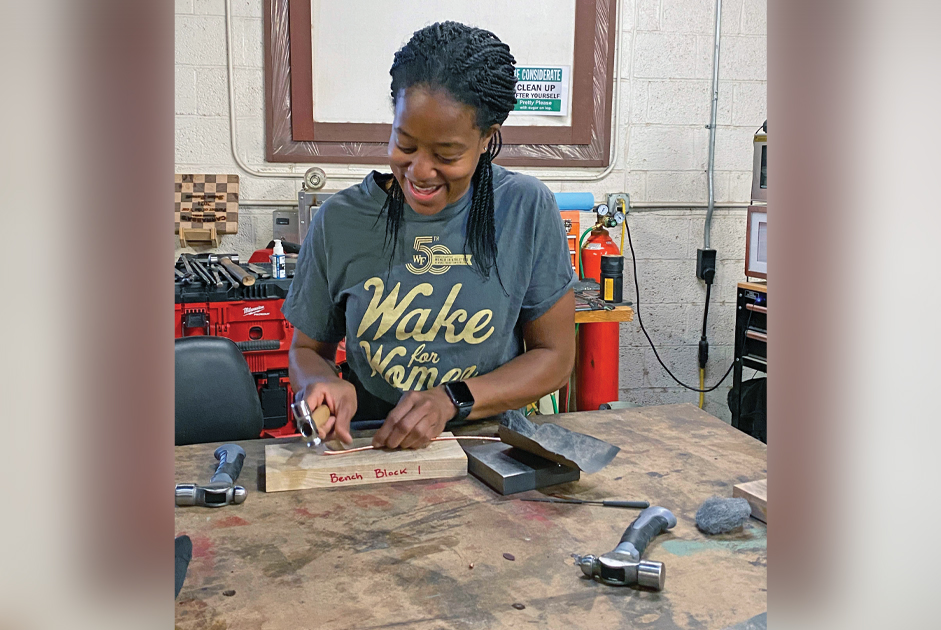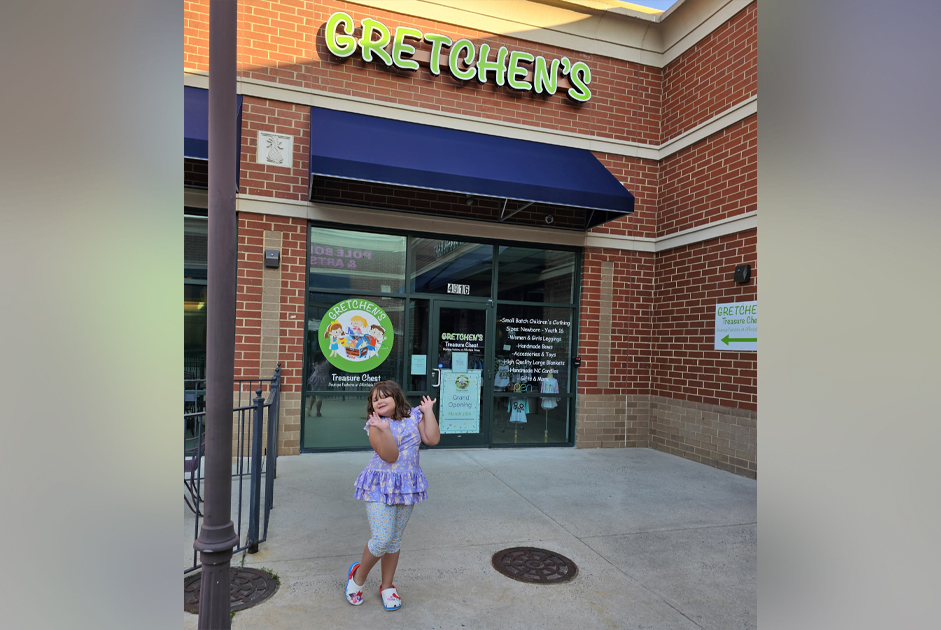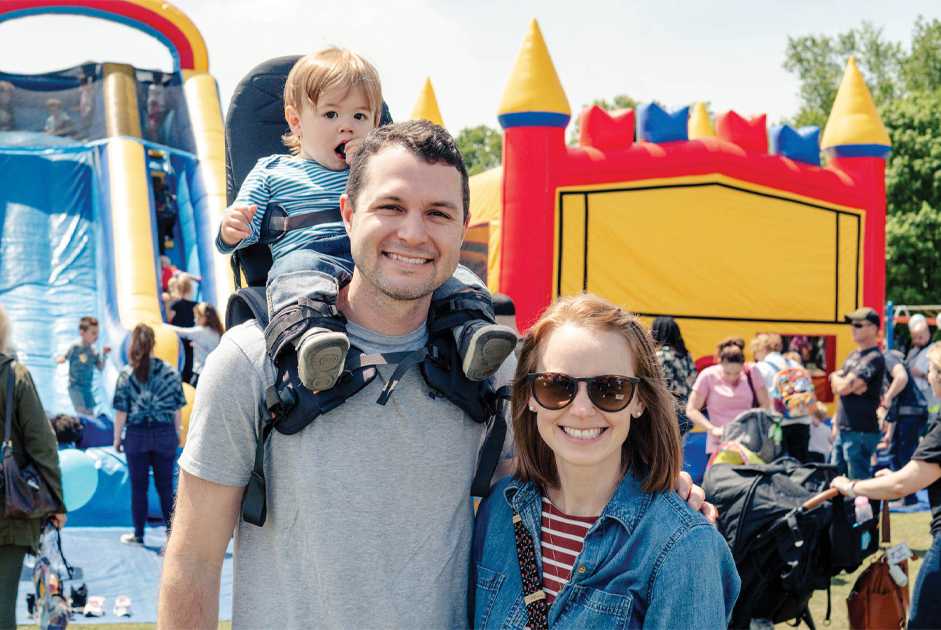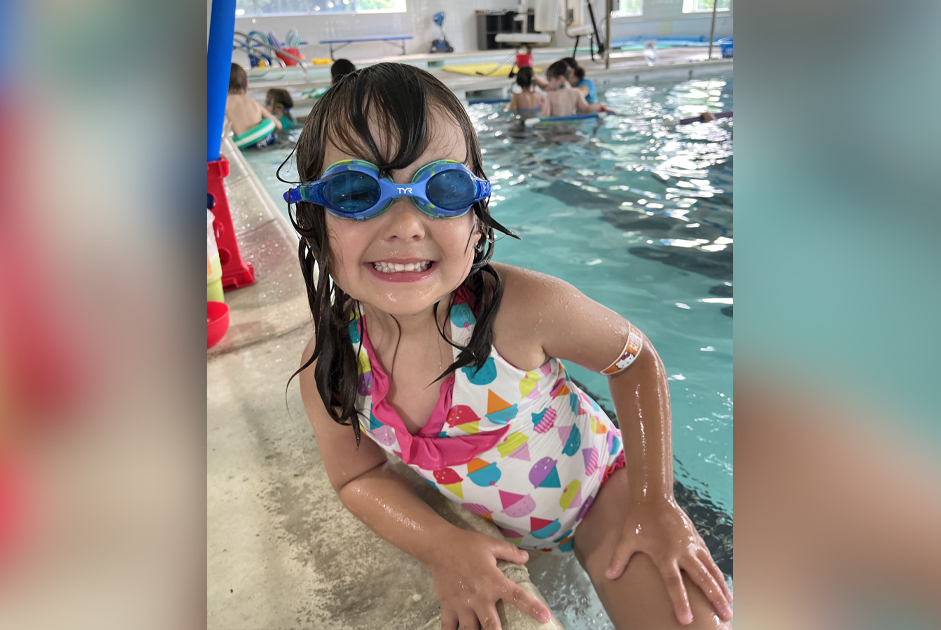Part of growing up includes learning how to be a responsible citizen in your community, state, and country. This can be a hard skill for a child to learn, but with the help of their loved ones, school, and community, being a responsible citizen and contributing to the good of society can be a simple task with simple actions. However, it may be confusing as to where to begin teaching these lessons. Let’s take a look at some of the ways.
- Teach the three “R’s” of citizenship: respect, responsibility, and resourcefulness. When it comes to being a good citizen, most people think of tasks, such as voting, community service, and being knowledgeable about politicians and candidates. While these are actions of good citizens, the simpler actions include being respectful, responsible, and resourceful. The three “R’s” are the foundations of ethical character and valuable morals. Together, these character traits develop a good citizen who respects others, participates in chores and tasks without feeling as if they need anything in return, and being resourceful by finding creative solutions to issues. Also, these traits are ones that are applicable to all aspects of life and important to know.
- Be a positive role model.Parents, guardians, teachers, coaches, relatives, etc. are people children look up to in the first place and always follow their lead. Being a positive role model for a responsible citizen means following through with your words and intentions. Make sure your behavior is positive and acceptable. For example, if children hear you lying or not taking responsibility, they will feel as if that is appropriate and will learn the same thing. In addition, a positive role model as a responsible citizen includes taking an active role in community issues, voting, and volunteering.
- Talk about what it means to be a responsible citizen.Hold a discussion with your children or students about what being a responsible citizen entails and how you can be active in your community, state, and country. Share personal stories and examples of what citizenship looks like, such as being friendly to new students at school, passing out voter information in your neighborhood, standing up for a friend at school, or following safety rules. Lastly, discuss the rights a citizen in our community has and should follow. This is a great time to look at the freedoms citizens in the United States have, compared to other countries.
- Ask children what a world without rules and expectations would look like. For example, think about what would happen if there were no rules, laws, or expectations at home, school, traffic, or against certain crimes? Sometimes looking at the responsibilities from the opposite viewpoint allows children the opportunity to gain a new clarity and understanding of why we have and should follow certain responsibilities.
- Participate in various citizenship freedoms and rights. Take your children to the voting booths on Election Day; let them read and analyze newspaper articles about public issues; visit national parks and historical museums on family vacations; and talk with veterans about their military experiences and thank them for their service. When a child sees an adult participating and being a responsible citizen, especially at a young age, they will more likely pick up on these traits and actions.
Being a responsible citizen is key in today’s society. It is an attribute that children learn from the adults they spend the most time with and it is important that they are taught at an early age, and the traits enforced throughout their lives
Post Views: 433






















